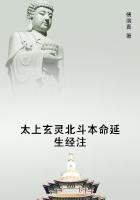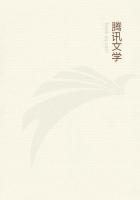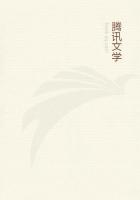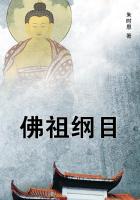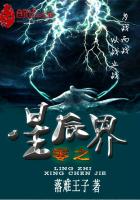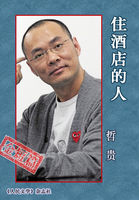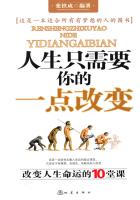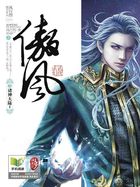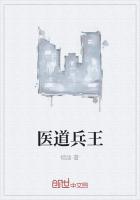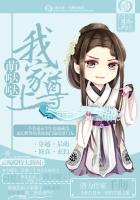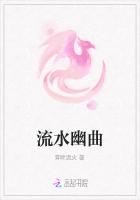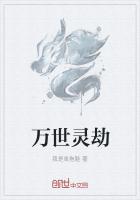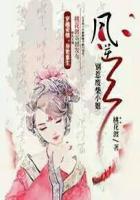Next to smell came taste, and the children knew the taste of everything they saw or touched, from pennyroyal and flagroot to the shell of a pignut and the letters of a spelling-book -- the taste of A-B, AB, suddenly revived on the boy's tongue sixty years afterwards. Light, line, and color as sensual pleasures, came later and were as crude as the rest. The New England light is glare, and the atmosphere harshens color. The boy was a full man before he ever knew what was meant by atmosphere; his idea of pleasure in light was the blaze of a New England sun. His idea of color was a peony, with the dew of early morning on its petals. The intense blue of the sea, as he saw it a mile or two away, from the Quincy hills; the cumuli in a June afternoon sky; the strong reds and greens and purples of colored prints and children's picture-books, as the American colors then ran; these were ideals. The opposites or antipathies, were the cold grays of November evenings, and the thick, muddy thaws of Boston winter. With such standards, the Bostonian could not but develop a double nature. Life was a double thing. After a January blizzard, the boy who could look with pleasure into the violent snow-glare of the cold white sunshine, with its intense light and shade, scarcely knew what was meant by tone. He could reach it only by education.
Winter and summer, then, were two hostile lives, and bred two separate natures. Winter was always the effort to live; summer was tropical license.
Whether the children rolled in the grass, or waded in the brook, or swam in the salt ocean, or sailed in the bay, or fished for smelts in the creeks, or netted minnows in the salt-marshes, or took to the pine-woods and the granite quarries, or chased muskrats and hunted snapping-turtles in the swamps, or mushrooms or nuts on the autumn hills, summer and country were always sensual living, while winter was always compulsory learning. Summer was the multiplicity of nature; winter was school.
The bearing of the two seasons on the education of Henry Adams was no fancy; it was the most decisive force he ever knew; it ran though life, and made the division between its perplexing, warring, irreconcilable problems, irreducible opposites, with growing emphasis to the last year of study.
From earliest childhood the boy was accustomed to feel that, for him, life was double. Winter and summer, town and country, law and liberty, were hostile, and the man who pretended they were not, was in his eyes a schoolmaster -- that is, a man employed to tell lies to little boys. Though Quincy was but two hours' walk from Beacon Hill, it belonged in a different world.
For two hundred years, every Adams, from father to son, had lived within sight of State Street, and sometimes had lived in it, yet none had ever taken kindly to the town, or been taken kindly by it. The boy inherited his double nature. He knew as yet nothing about his great-grandfather, who had died a dozen years before his own birth: he took for granted that any great-grandfather of his must have always been good, and his enemies wicked; but he divined his great-grandfather's character from his own.
Never for a moment did he connect the two ideas of Boston and John Adams; they were separate and antagonistic; the idea of John Adams went with Quincy.
He knew his grandfather John Quincy Adams only as an old man of seventy-five or eighty who was friendly and gentle with him, but except that he heard his grandfather always called "the President," and his grandmother "the Madam," he had no reason to suppose that his Adams grandfather differed in character from his Brooks grandfather who was equally kind and benevolent.
He liked the Adams side best, but for no other reason than that it reminded him of the country, the summer, and the absence of restraint. Yet he felt also that Quincy was in a way inferior to Boston, and that socially Boston looked down on Quincy. The reason was clear enough even to a five-year old child. Quincy had no Boston style. Little enough style had either; a simpler manner of life and thought could hardly exist, short of cave-dwelling.
The flint-and-steel with which his grandfather Adams used to light his own fires in the early morning was still on the mantelpiece of his study.
The idea of a livery or even a dress for servants, or of an evening toilette, was next to blasphemy. Bathrooms, water-supplies, lighting, heating, and the whole array of domestic comforts, were unknown at Quincy. Boston had already a bathroom, a water-supply, a furnace, and gas. The superiority of Boston was evident, but a child liked it no better for that.
The magnificence of his grandfather Brooks's house in Pearl Street or South Street has long ago disappeared, but perhaps his country house at Medford may still remain to show what impressed the mind of a boy in 1845 with the idea of city splendor. The President's place at Quincy was the larger and older and far the more interesting of the two; but a boy felt at once its inferiority in fashion. It showed plainly enough its want of wealth. It smacked of colonial age, but not of Boston style or plush curtains.
To the end of his life he never quite overcame the prejudice thus drawn in with his childish breath. He never could compel himself to care for nineteenth-century style. He was never able to adopt it, any more than his father or grandfather or great-grandfather had done. Not that he felt it as particularly hostile, for he reconciled himself to much that was worse; but because, for some remote reason, he was born an eighteenth-century child. The old house at Quincy was eighteenth century. What style it had was in its Queen Anne mahogany panels and its Louis Seize chairs and sofas.

